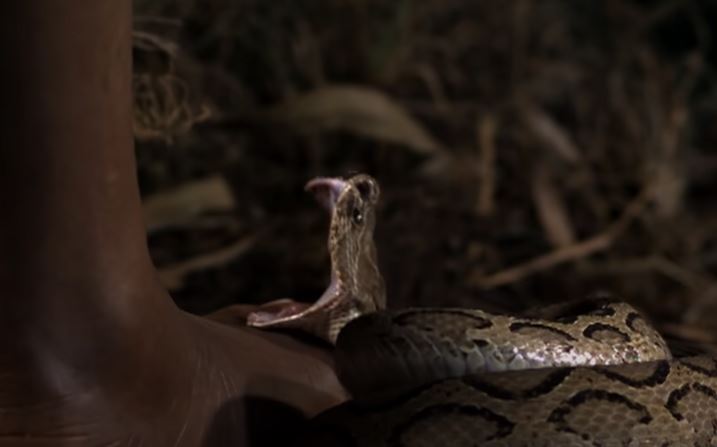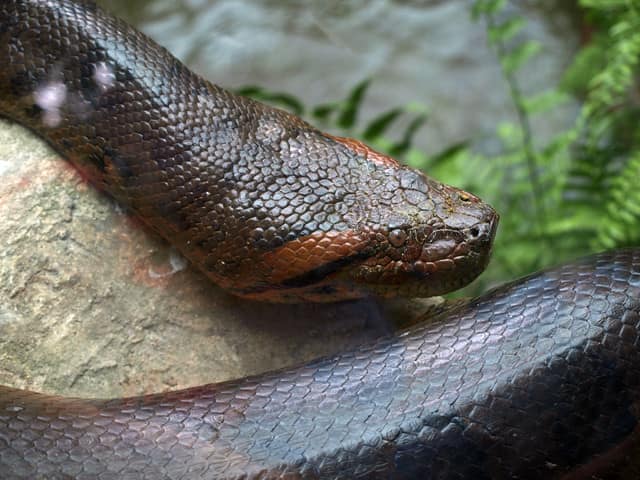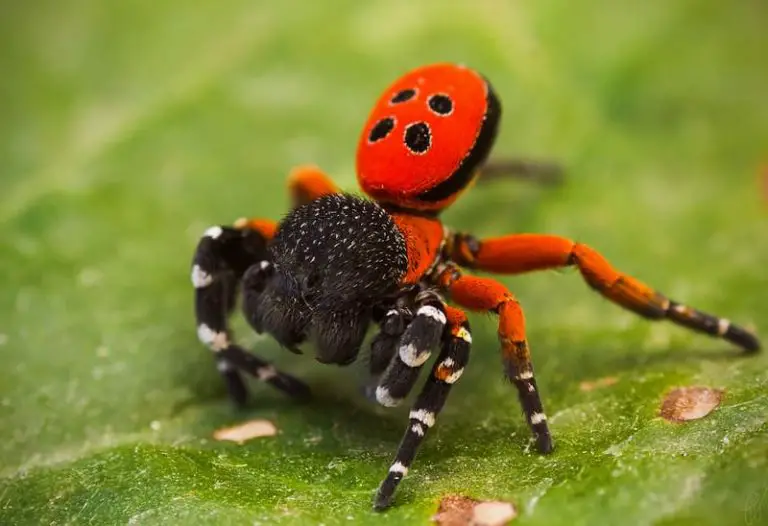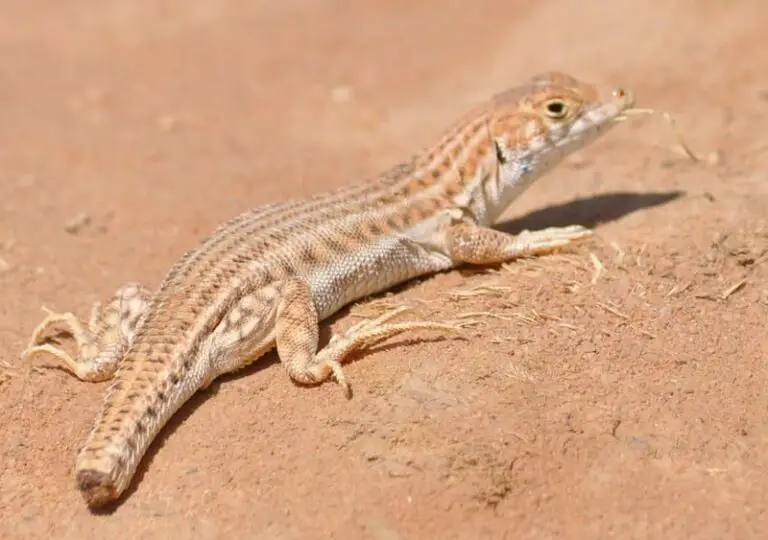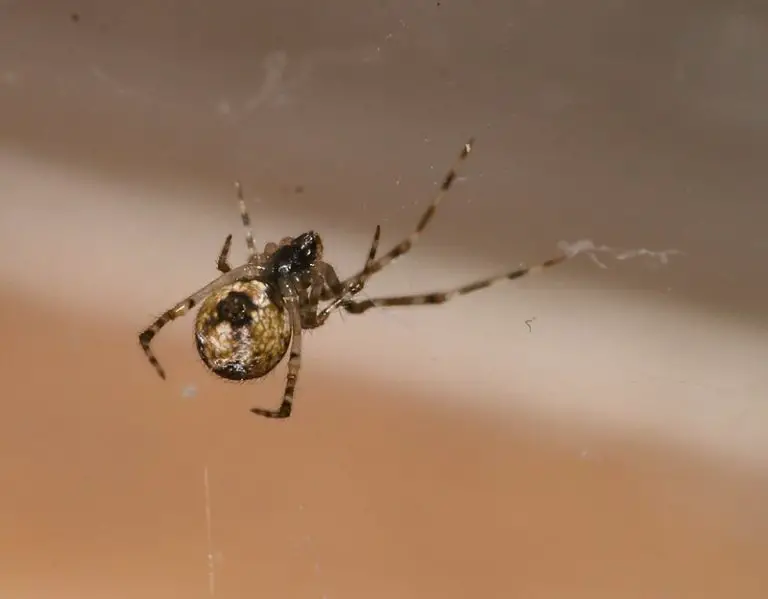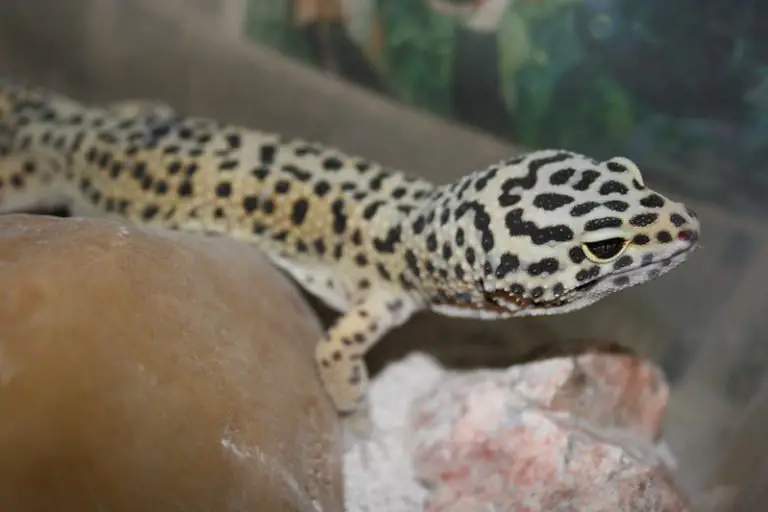What Does Salt Do To Earthworms?
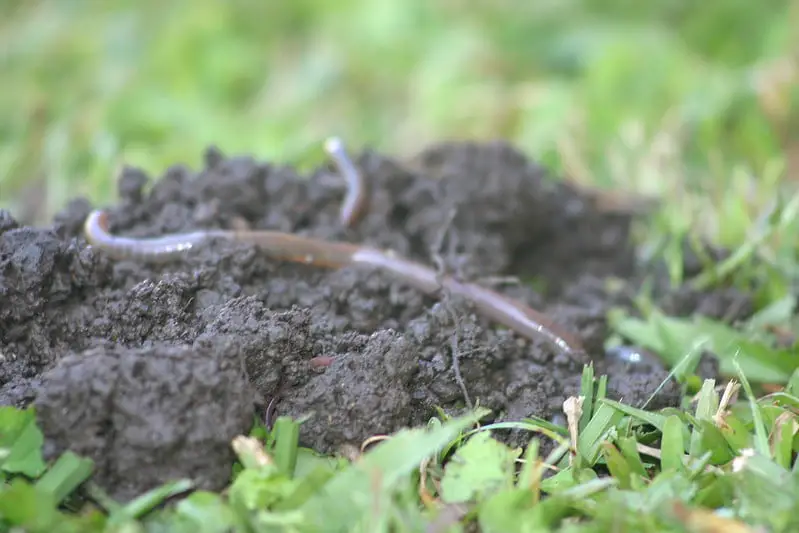
I think we all did the “experiment” as children of putting salt on a worm and watching it squirm, what a lack of conscience. Not knowing the pain or torment we can cause an animal.
Have you ever been in the shower and gotten soap in your eyes? I think we’ve all had that at some point in our lives, and it’s a desperate feeling.
Now imagine that same feeling, multiplied exponentially and at the same time unable to breathe, something like what an earthworm feels when it is in direct contact with salt.
Well, earthworms don’t have eyes, but their whole body is like a big sensitive eye, in fact, the skin of the earthworm is like a big sensitive organ, which needs to be kept moist all the time.
Why does salt hurt earthworms?
It should be noted that salt is an element that is very absorbent. The snail and the slug are organisms composed of a great quantity of water and they need a great quantity of humidity much more than we humans.
When you add salt to a snail, it absorbs water from its body which causes the snail to dehydrate. Just as we cannot drink seawater or saltwater, it absorbs fresh water from our body and we become dehydrated.
Earthworms have skin respiration, that is, they take in oxygen and release carbon dioxide directly through the skin, so they need the skin to be always moist.
And salt is dehydrating, so it is often used in the preservation of food, because it absorbs moisture, so putting salt on a worm is like cutting off its breath.
Something else that can be appreciated when you put salt to an earthworm is that it stays dry, hard and loses volume, this is due to the massive loss of water, the earthworm has no control over the concentration of body fluids when salt is applied, the osmotic pressure makes the water of its own escape to the outside and dry, making them hard, immobile and smaller.
Why are earthworms reluctant to salt and vinegar?
As we mentioned, earthworms do not have a nose to breathe, but sensory cells in their skin and mouth that perceive chemical stimuli. Salt is indeed dangerous to the earthworm because it could dry it out.
Vinegar has a pH value that is destructive to the earthworm because vinegar is composed of acetic acid. Since vinegar is very acidic, it could destroy the protective mucous layer of the earthworm.
The earthworm needs moisture and the mucous layer in particular because it does not use the lungs or gills etc. to breathe, but breathes through the skin.
For this to work properly, you must always have moist skin. Slime film is also a very practical type of lubricant on the floor and also protects a little from all possible unpleasant environmental influences.
By the way, because of this sensitivity to many substances, the earthworm is very useful for science. If you want to test the soil samples for toxic or harmful substances, you can have the earthworms do it.
To do this, you simply offer them “normal” soil and the soil sample. If most / all of the worms have crawled into the normal soil after 2 days, something is wrong with the sample and it may start checking for dangerous substances.
It is known that earthworms can even detect traces of crude oil or TNT.
Why do worms turn white when they are covered with salt?
This is due to the change of acidity level that acts on the sensitive skin of the worm, the salt also known as sodium chloride (NaCl) has a pH of 7 and is considered a base acid.
This is much higher than the pH that an earthworm can tolerate because this acidic substance on the sensitive skin of the earthworm causes discoloration and an intense burning sensation, so the earthworm twists when salt falls on it.
This is evident even in the human being, if you put some salt on your tongue you will feel a burning sensation and part of the tongue will lose its color in an ephemeral way.
Can an earthworm feel pain?
A serious study by the Norwegian government (to see if animal protection laws had to be revised), by biologists led by Professor Wenche Farstad, has addressed this issue of suffering of the worms on the hook. On February 8, 2005, the results of this study have been published.
A worm on the hook feels no pain.
Invertebrates, like worms, are insensitive to pain.
They can feel things… without at least suffering
Undoubtedly, an earthworm has a tendency to twist when it is strung on the hook or when salt falls on it, but this is only a simple reflex due to its manipulation and not a reaction linked to pain as we might think, according to the study carried out.
Worms have a very simple nervous system and a small brain.
The nervous system of invertebrates is less complex than that of vertebrates, and the size of their brain is too small to transmit signals associated with pain. This would explain why a worm cut in half can continue its journey.

